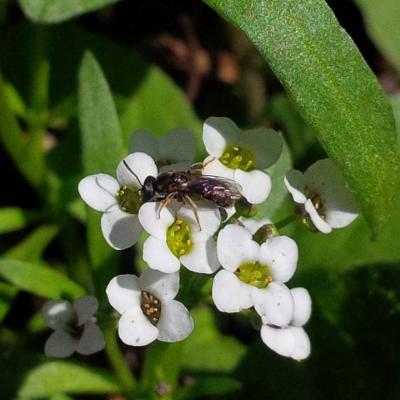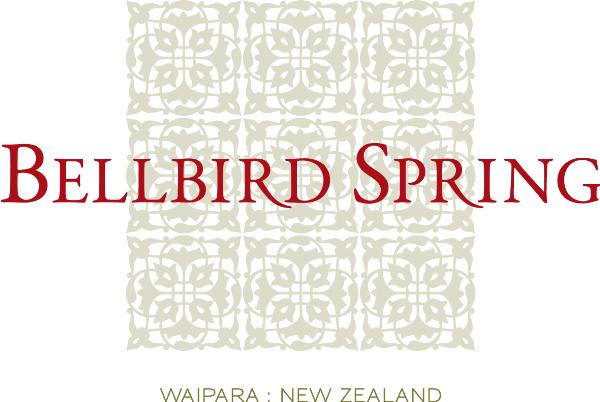
The Waipara Valley has lost much of its indigenous ecosystem through the course of human settlement.
The North Canterbury wine growing region is ecologically important. It was once covered in forest and bush: including such species as lancewood, kowhai, lacebark and totara. Maori and European habitation has altered the landscape, particularly with the development of farming, forestry and horticulture.
Bellbird Spring is one of a group of 45 Waipara Valley property owners that participates in Greening Waipara - a biodiversity improvement programme. The programme focuses on planting and maintaining native species in and around vineyards which in turn improve habitat for beneficial insects.
Native species have been planted around the spring that gives Bellbird Spring its name. This and the adjacent area on our family’s Home Block vineyard has both mature and recently planted Kowhai, Cabbage Trees, Lacebark, Kanuka, Lemonwood, Ribbonwood and Totara amonst others.
The value of ‘natures services’ from beneficial insects has been supported by research performed by Professor Steve Wratten and others of Lincoln University. Details of these benefits are discussed in the Our Changing World radio interview. To hear this interesting interview copy and paste the following address in to your browser:
bioprotection.org.nz/system/files/Our%20Changing%20World%20Greening%20Waipara_0.mp3
The Greening Waipara project was a finalist of the Canterbury-Aoraki Conservation Board Awards - an annual recognition of conservation efforts and achievements in Canterbury. It continues to be supported by property owners and the Hurunui District Council.





